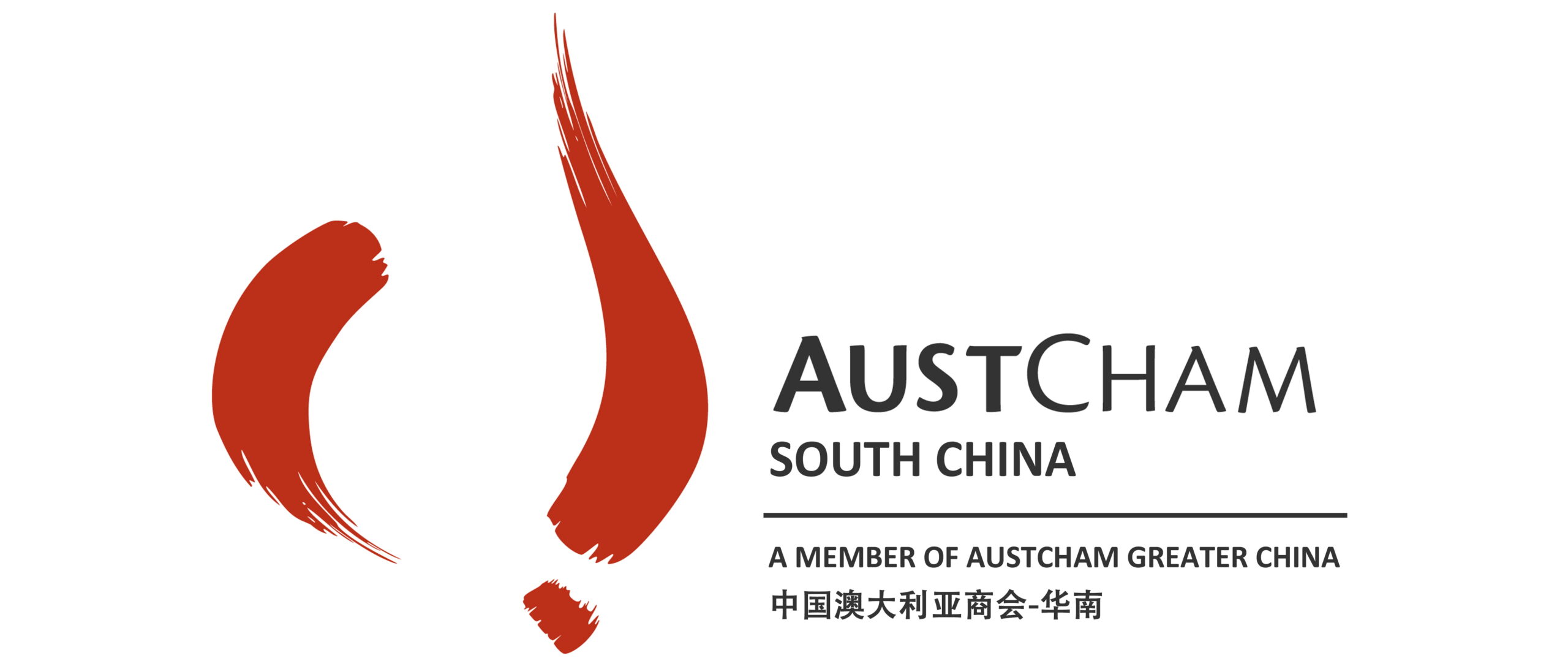The 7 Habits of Elite International Schools in Asia
亚洲精英国际学校的7个习惯
By Alexander Paltos at Meisha Academy by Haileybury
Like most living things in this world, companies, like people, are creatures of habit. International schools are no exception. For some cultural context, our local search engine (Bing) defines habits as a ‘settled or regular tendency or practice, especially one that is hard to give up.’
像世界上大多数生物一样,公司和人一样,都是习惯的产物。国际学校也不例外。对于某些文化背景,我们的本地搜索引擎( Bing )将习惯定义为“固定的或固定的趋势或行为,尤其是难以放弃的那种。”
The implication from the second half of this definition is what should be most worrying for any schools in Asia aspiring to become international ones, especially for new ones. Like children, how new schools react to new stimuli and situations greatly determines patterns of behavior that are extremely hard to break the longer they are in existence.
对于在亚洲任何希望成为国际学校的学校来说,尤其是对于新学校来说,这个定义后半部分的含义是非常令人担忧。像孩子一样,新学校如何对对新刺激和新情况做出反应很大程度上决定了他们存在的时间越长,就越难打破的行为模式。
Every year I attend the Search Associates Leadership Fair in Bangkok. It is a great sounding board for affairs at my own School, a wonderful networking exercise, as well as a unique way of canvassing feedback, theories and data for my ongoing PhD at Monash University. (For many of you also on this path of post graduate studies, you also know full well the benefits of this different stimuli – read holiday – on the academic brain!)
每年,我都参加曼谷的搜索协会领导博览会。这是我所在学校事务的一个很好的平台,一个很棒的网络练习,也是我在莫纳什大学攻读博士学位时收集反馈、理论和数据的独特方式。(对于你们中的许多人来说,在研究生学习的道路上,你们也非常清楚这种不同刺激的好处——阅读假期——对学术大脑的影响!)
In my various conversations and observations with these leaders over the last few years plus existing ones in other school models across Australia, China, Asia and beyond, the same themes keep emerging in broader contexts. It is no coincidence that the ‘best’ schools – by any metric you care to use – have these in common.
在我过去几年与这些领导人的各种对话和观察中,加上澳大利亚、中国、亚洲和其他国家的其他学校模式中的现有对话和观察,同样的主题在更广泛的背景下不断涌现。“最好的”学校——以你喜欢使用的任何指标来衡量——都有这些共同点,这不是巧合。
The following is by no means an exhaustive list but one which warrants further exploration in its own right. For now, and for the purposes of this article, aspiring school leaders and stakeholders can use this a ‘crash course’ or International School CPR checklist.
以下绝不是一份详尽的清单,而是一份本身就值得进一步探讨的清单。就目前而言,就本文而言,有抱负的学校领导和利益相关者可以使用这一“速成班”或国际学校CPR检查表。
1. Alignment
Does the mission and vision align with the everyday practice seen in and out the classroom?
Are you doing what it says ‘on the tin’? A fellow International Principal laughs when he recalls a moment in a heavily marketed bilingual ‘international’ school in the south of China when the Chief (and local) Principal’s talked of the vision for their school being that of said bilingual international school, when neither they nor anyone else in the School Executive Team spoke a word of English nor had any international school experience (inside or outside of China). Does this seem like alignment to you?
Ideally: Mission and Vision should be seen in action in everything the school does. From the classroom to social justice efforts.
Reality: Major disconnect between mission, vision and value statements and daily operations.
1 .对齐
任务和愿景是否与课堂内外的日常实践相一致?
你在做它上面写的吗?当一名国际校长回忆起在中国南部一所大力营销的双语“国际”学校的一段时间时,他笑了起来,当时校长(和当地校长)谈到了他们学校的愿景是该双语国际学校,当时他们和学校管理团队中的任何人都不会说一句英语,也没有任何国际学校经验(在中国境内外)。这看起来任务和愿景与课堂内外的日常实践相一致吗?
理想的情况是: 学校做的每一件事都应该体现使命和愿景。从课堂到社会正义的努力。
现实: 使命、愿景和价值观与日常运营之间存在重大脱节。
2. Communication
An overused word but one which keeps popping up and is even more relevant when dealing with intercultural environments of international schools. Bottom up channels of communication have become almost more important than the traditional ‘top down’ structures in Chinese schools as they pose a challenge to the prevailing Chinese corporate hierarchy of bosses assuming absolute deity-like reign. Feedback also plays a critical role in the positive growth of any organization. Messengers should not be shot – please refer to the English colloquial expression ‘shoot the messenger’ (!) – but encouraged in order for schools to streamline and refine their practices to appease all stakeholders. This is very poignant in consideration of local schools that employ foreign staff, especially in leadership positions. Expected formats and behavioral conventions for School Executive meetings can also be very different in China (and Japan) to other foreign countries and senior educators need to be aware of this. Best intentions to be engaged and voicing opinions in said scenarios can lead to undesired and/or unintended repercussions, perceptions and offense.
2 .沟通
这是一个被过度使用的词,但是在处理国际学校的跨文化环境时,这个词会不断出现,甚至更有意义。自下而上的沟通渠道已经变得几乎比中国学校传统的“自上而下”的结构更重要,因为它们对中国盛行的老板阶层构成了挑战,这些老板阶层假设绝对像神一样统治。反馈对于任何组织的积极增长也起着至关重要的作用。不应射杀信使——请参考英语口语表达“射杀信使”(!)——相反应该鼓励信使,以便学校精简和完善他们的做法,安抚所有利益相关者。考虑到当地雇用外籍员工的学校,尤其是在领导岗位上,这非常令人痛心。学校高管会议的预期形式和行为惯例在中国(和日本)与其他国家也有很大不同,高级教育工作者需要意识到这一点。在所述场景中参与和表达意见的最佳意图可能会导致不希望的或意想不到的影响、感知和冒犯。
Ideally: Clear communication channels for all staff – in either direction, vertically and horizontally – with avenues for constructive feedback. Staff (and student) empowerment by anonymous voting on contentious school governance issues.
Reality: Climate of fear and apprehension for local staff if they disagree with ‘the Big Boss’. No legitimate arenas for feedback in order to effect meaningful change, especially for foreign staff.
理想情况是: 为所有员工建立清晰的沟通渠道——无论是纵向还是横向——并提供建设性反馈。通过对有争议的学校治理问题进行匿名投票,赋予员工(和学生)权力。
现实: 如果当地员工不同意“大老板”,他们会感到恐惧和担忧。没有合法的反馈场所来实现有意义的改变,尤其是对外国员工来说。
Alexander Paltos
